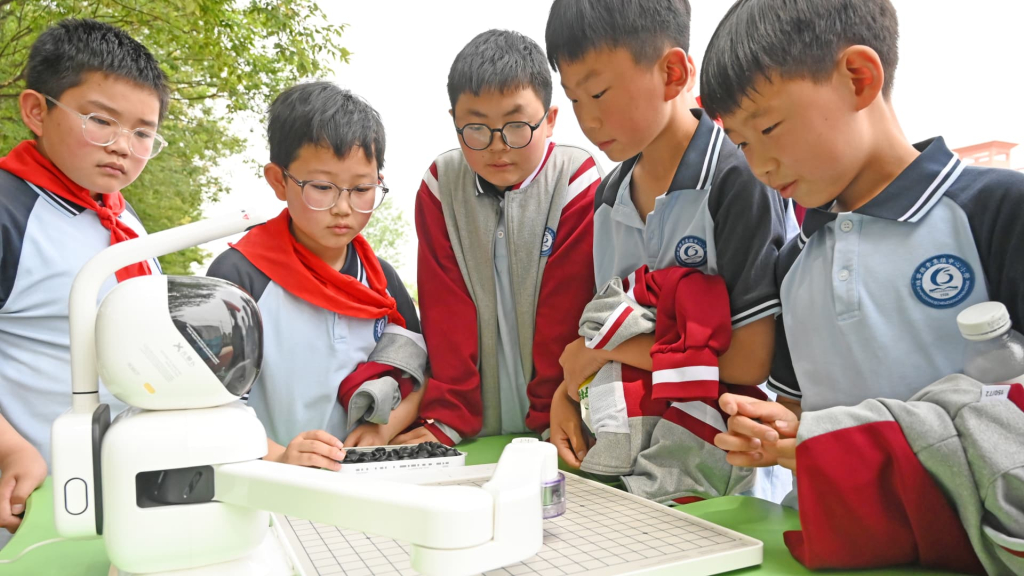BEIJING — New education regulations released by Chinese authorities impose restrictions on the use of generative artificial intelligence in classrooms, according to a report from a local government issued on Thursday.
The unpublished guidelines address the role of AI education and the application of generative AI in primary and secondary schools set for 2025.
As of now, the Ministry of Education has yet to respond to media inquiries regarding the report.
Under the new rules, primary school students are not permitted to utilize unrestricted generative AI tools independently, although teachers are allowed to incorporate such technology into their instruction, the report highlights.
Meanwhile, middle school students are encouraged to investigate the reasoning and analytical capabilities of generative AI, and high school students have broader permissions to employ these technologies.
The guidelines explicitly forbid students from copying AI-generated content into their homework and instruct schools to create a list of approved generative AI tools for use on campus.
The People’s Daily, the official publication of the Chinese Communist Party, reported on the new regulations in its Thursday edition, though the information was noted on the sixth page.
The state media coverage did not delve into the specific limitations on AI usage, instead emphasizing the policies’ goal of fostering a “scientific” and “standardized” approach to AI education tailored to different educational stages, as translated by Finance Newso.
The adoption of generative AI technology has surged in China, particularly following the release of the DeepSeek chatbot app at the end of January, which poses as a competitor to OpenAI. Notable companies such as Tencent and ByteDance have also launched similar chatbots that are gaining traction among users across the country.
























